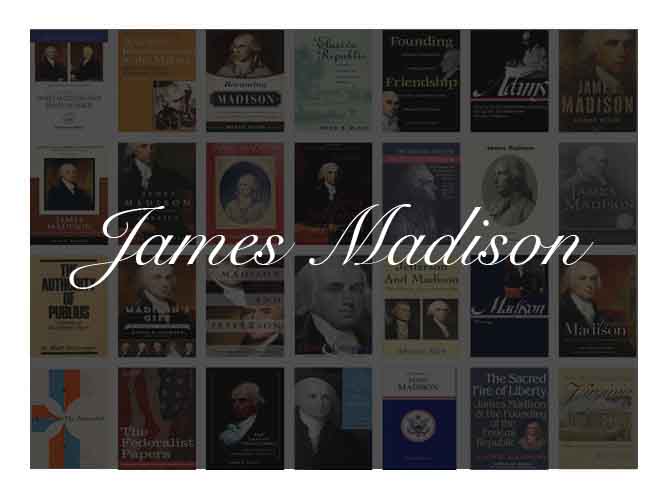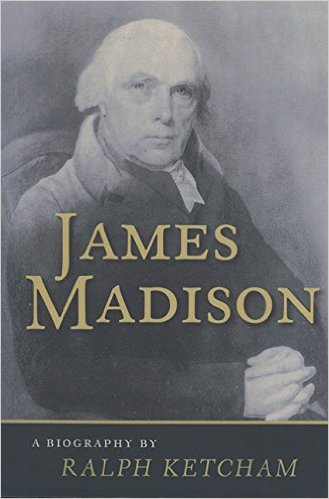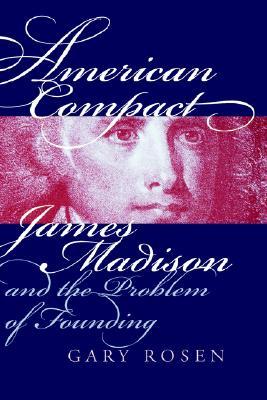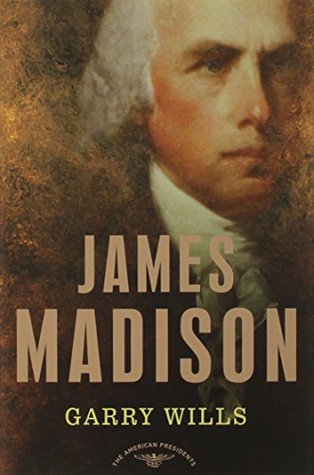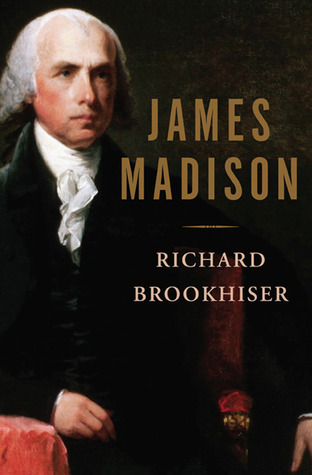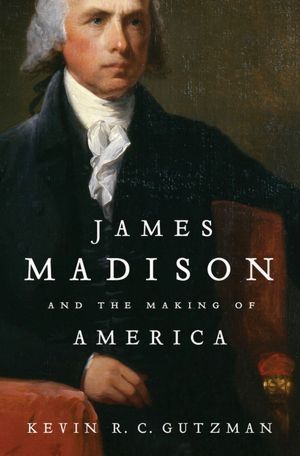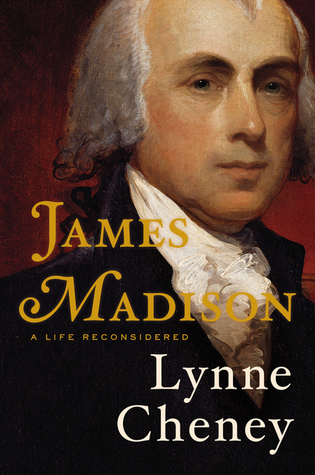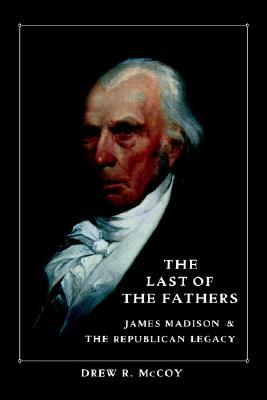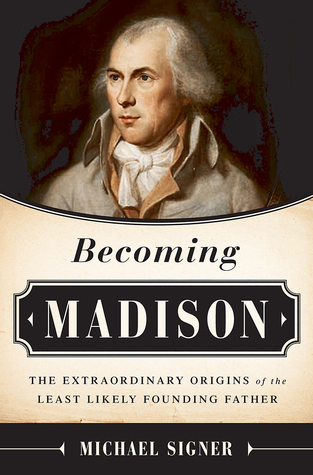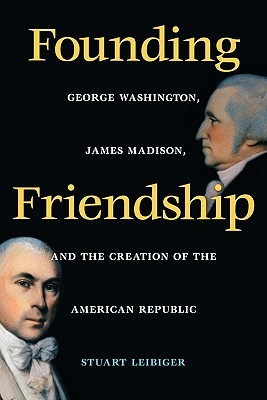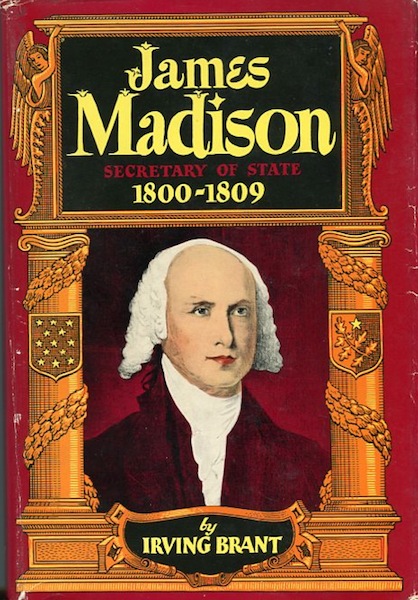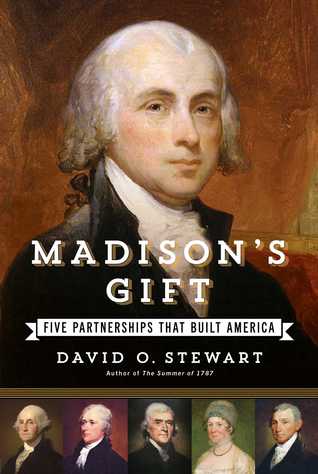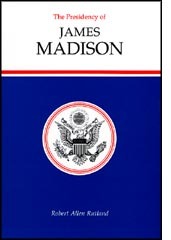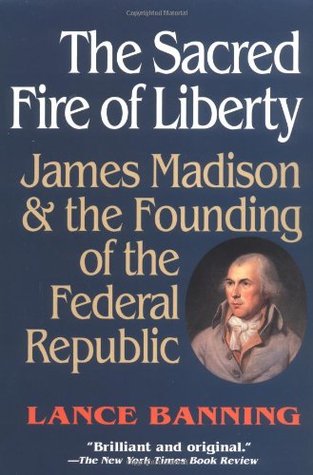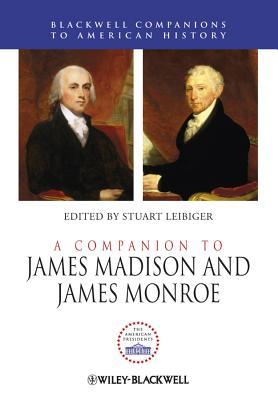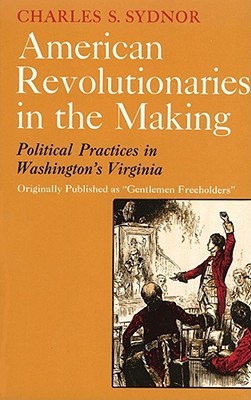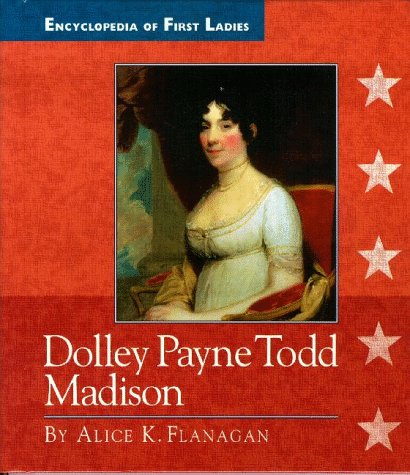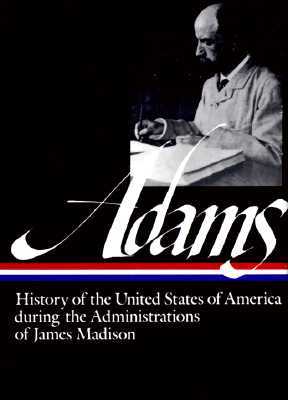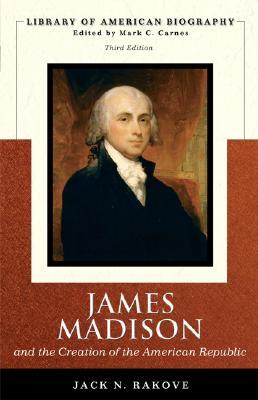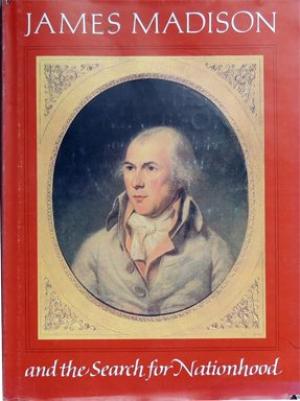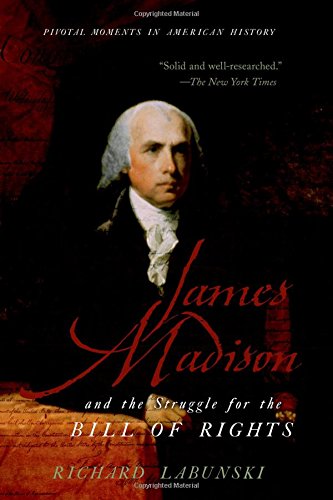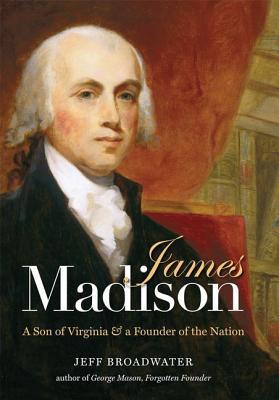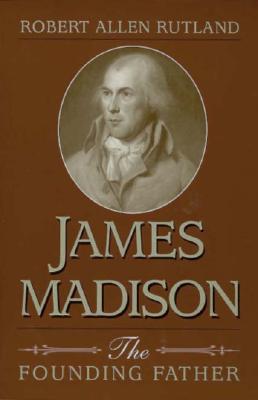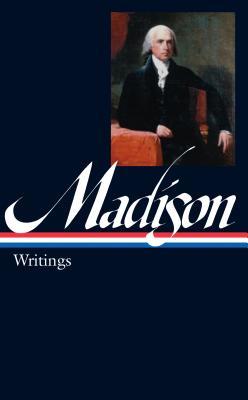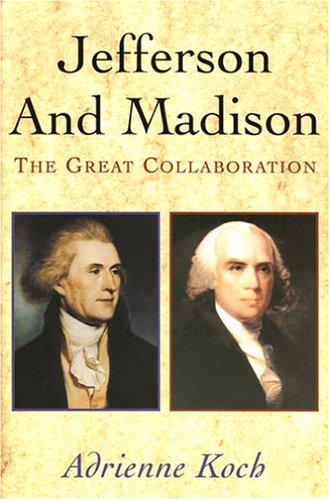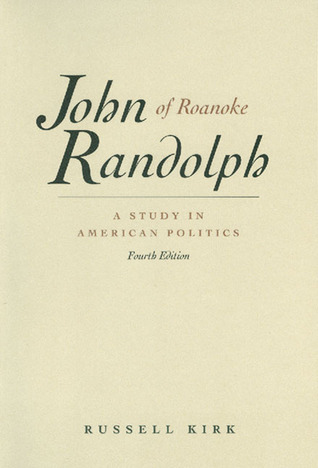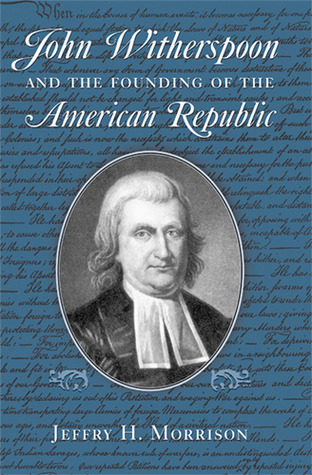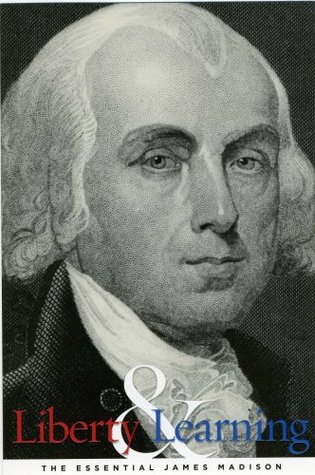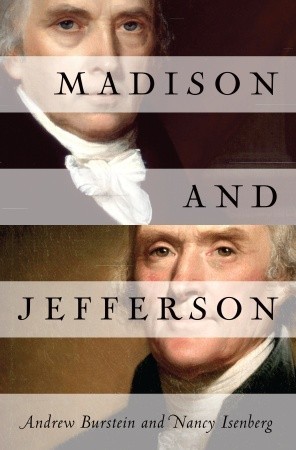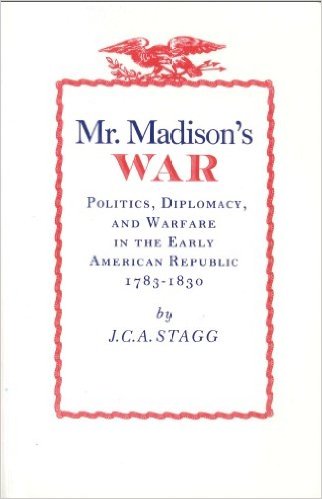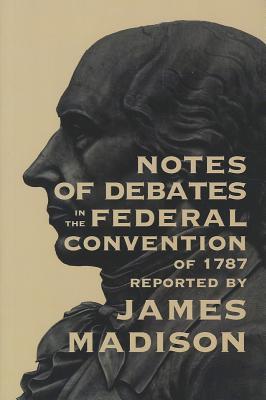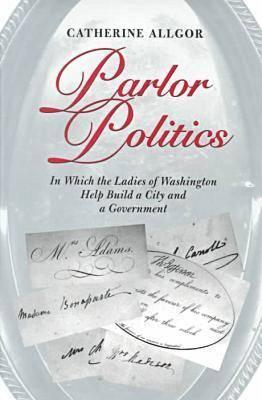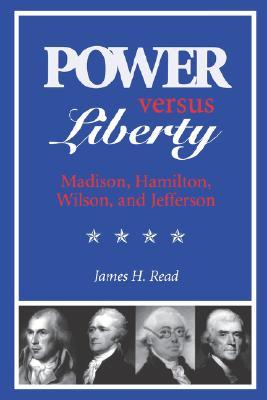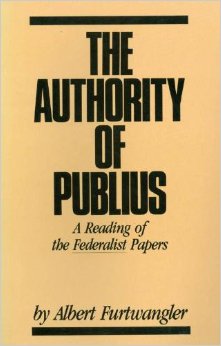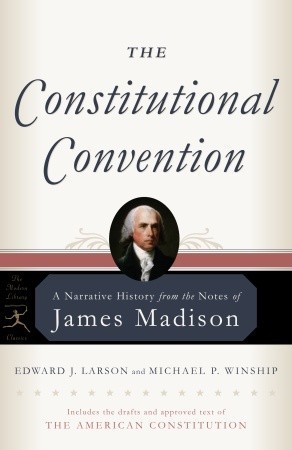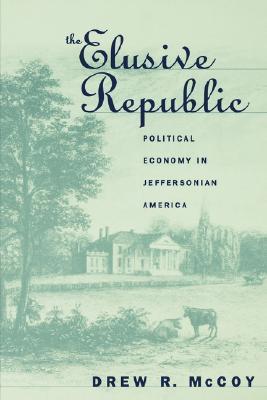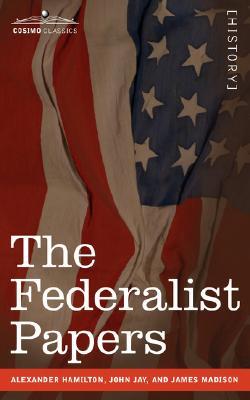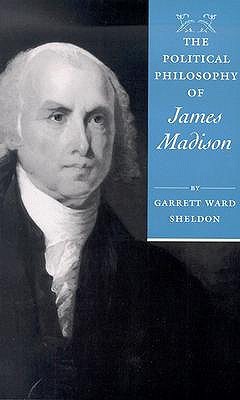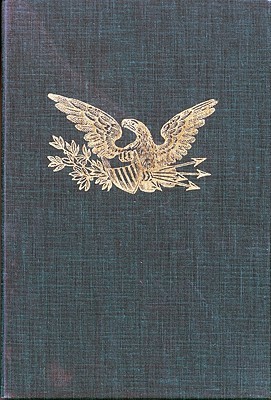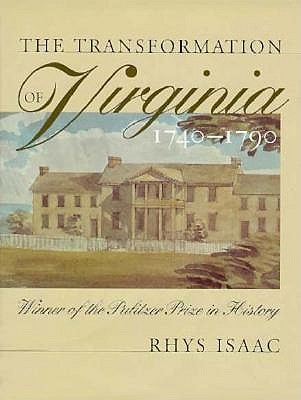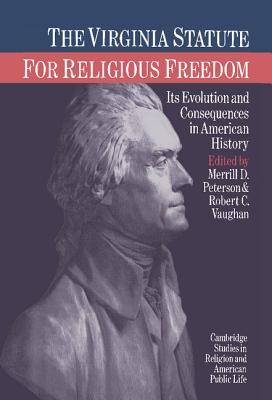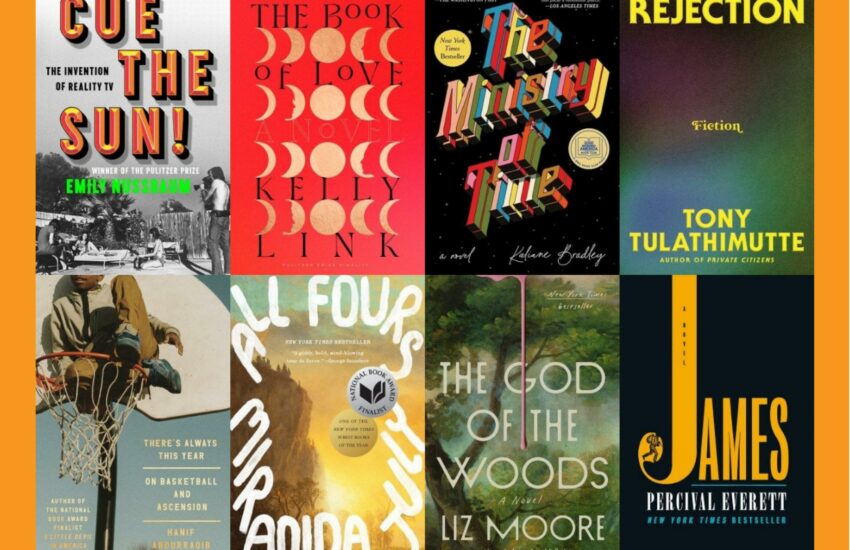The Best Books To Learn About President James Madison
(You can view the rest of our presidential Best Book lists by going to our Best US President Books page, or for a more in-depth look at how we found and ranked the books you can visit our Best Book About Every United States President article.)
James Madison Quick Facts |
| President Number | 4 |
| Terms In Office | 2 |
| Years | 1809-1817 |
| Political Party | Democratic-Republican |
| Vice President | George Clinton (Died in office) & Elbridge Gerry (Died in office) |
| Home State | Virginia |
| Slaves Owned | 100+ |
| Presidential Pet | Parrot (Polly) |
| Articles Used in Ranking | 14 |
| Number of Unique Books | 41 |
Happy Scrolling!
The Best Book About James Madison
(Appears on 7 Lists)
James Madison: A Biography by Ralph Ketchem
- At Times Dull
- Best Presidential Bios
- Library of Congress
- Mandi Lindner
- Presidents USA
- The Tailored Man
- The Washington Post
The best one volume biography of Madison’s life, Ketcham’s biography not only traces Madison’s career, it gives readers a sense of the man. As Madison said of his early years in Virginia under the study of Donald Robertson, who introduced him to thinkers like Montaigne and Montesquieu, “all that I have been in life I owe largely to that man.” It also captures a side of Madison that is less rarely on display (including a portrait of the beautiful Dolley Madison).
#2-7 Books
(Appear on 3 Lists Each)
American Compact: James Madison and the Problem of Founding by Gary Rosen
- Jungle Find
- Library of Congress
- Presidents USA
For students of the early American republic, James Madison has long been something of a riddle, the member of the founding generation whose actions and thought most stubbornly resist easy summary. The staunchest of Federalists in the 1780s, Madison would turn on his former allies shortly thereafter, renouncing their expansive nationalism as a threat to the Constitution and to popular government.
James Madison by Garry Wills
- All The Presidents Books
- Jungle Find
- Library of Congress
Renowned historian and social commentator Garry Wills takes a fresh look at the life of James Madison, from his rise to prominence in the colonies through his role in the creation of the Articles of Confederation and the first Constitutional Congress.
James Madison by Richard Brookhiser
- Best Presidential Bios
- NPR
- Presidents USA
James Madison led one of the most influential and prolific lives in American history, and his story—although all too often overshadowed by his more celebrated contemporaries—is integral to that of the nation. Madison helped to shape our country as perhaps no other Founder: collaborating on the Federalist Papers and the Bill of Rights, resisting government overreach by assembling one of the nation’s first political parties (the Republicans, who became today’s Democrats), and taking to the battlefield during the War of 1812, becoming the last president to lead troops in combat.
James Madison and the Making of America by Kevin Gutzman
- Best Presidential Bios
- Library of Congress
- Presidents USA
In James Madison and the Making of America, historian Kevin Gutzman looks beyond the way James Madison is traditionally seen — as “The Father of the Constitution” — to find a more complex and sometimes contradictory portrait of this influential Founding Father and the ways in which he influenced the spirit of today’s United States. Instead of an idealized portrait of Madison, Gutzman treats readers to the flesh-and-blood story of a man who often performed his founding deeds in spite of himself: Madison’s fame rests on his participation in the writing of The Federalist Papers and his role in drafting the Bill of Rights and Constitution. Today, his contribution to those documents is largely misunderstood. He thought that the Bill of Rights was unnecessary and insisted that it not be included in the Constitution, a document he found entirely inadequate and predicted would soon fail. Madison helped to create the first American political party, the first party to call itself “Republican”, but only after he had argued that political parties, in general, were harmful. Madison served as Secretary of State and then as President during the early years of the United States and the War of 1812; however, the American foreign policy he implemented in 1801-1817 ultimately resulted in the British burning down the Capitol and the White House. In so many ways, the contradictions both in Madison’s thinking and in the way he governed foreshadowed the conflicted state of our Union now. His greatest legacy―the disestablishment of Virginia’s state church and adoption of the libertarian Virginia Statute for Religious Freedom―is often omitted from discussion of his career. Yet, understanding the way in which Madison saw the relationship between the church and state is key to understanding the real man. Kevin Gutzman’s James Madison and the Making of America promises to become the standard biography of our fourth President.
James Madison: A Life Reconsidered by Lynne Cheney
- Best Presidential Bios
- Mashable
- Presidents USA
Outwardly reserved, Madison was the intellectual driving force behind the Constitution. His visionary political philosophy—eloquently presented in the Federalist Papers—was a crucial factor behind the Constitution’s ratification, and his political savvy was of major importance in getting the new government underway. As secretary of state under Thomas Jefferson, he managed the Louisiana Purchase, doubling the size of the United States. As president, Madison led the country in its first war under the Constitution, the War of 1812. Without precedent to guide him, he would demonstrate that a republic could defend its honor and independence while remaining true to its young constitution.
The Last of the Fathers: James Madison & The Republican Legacy by Drew R. McCoy
- Jungle Find
- Library of Congress
- Presidents USA
James Madison survived longer than any other member of the most remarkable generation of political leaders in American history. Born in the middle of the eighteenth century as a subject of King George II, the Father of the United States Constitution lived until 1836, when he died a citizen of Andrew Jackson’s republic. For over forty years he played a pivotal role in the creation and defense of a new political order. He lived long enough to see even that Revolutionary world transformed, and the system of government he had nurtured threatened by the disruptive forces of a new era that would ultimately lead to civil war. In recounting the experience of Madison and several of his legatees who witnessed the violent test of whether his republic could endure, McCoy dramatizes the actual working out in human lives of critical cultural and political issues.
#8-13
(Appear on 2 Lists Each)
Becoming Madison: The Extraordinary Origins of the Least Likely Founding Father by Michael Signer
- Best Presidential Bios
- Presidential History
Michael Signer takes a fresh look at the life of our fourth president. His focus is on Madison before he turned thirty-six, the years in which he did his most enduring work: battling with Patrick Henry—the most charismatic politician in revolutionary America, whose political philosophy and ruthless tactics eerily foreshadowed those of today’s Tea Party—over religious freedom; introducing his framework for a strong central government; becoming the intellectual godfather of the Constitution; and providing a crucial role at Virginia’s convention to ratify the Constitution in 1788, when the nation’s future hung in the balance.
Founding Friendship: George Washington, James Madison, and the Creation of the American Republic by Stuart Leibiger
- Jungle Find
- Library of Congress
James Madison by Irving Brant
- Best Presidential Bios
- Library of Congress
Madison’s Gift: Five Partnerships that Built America by David O. Stewart
- Library of Congress
- Presidential History
Short, plain, balding, neither soldier nor orator, low on charisma and high on intelligence, James Madison cared more about achieving results than taking the credit. Forming key partnerships with Washington, Jefferson, Monroe, and his wife Dolley, Madison achieved his lifelong goal of a self-governing constitutional republic. It was Madison who led the drive for the Constitutional Convention and pressed for an effective new government as his patron George Washington lent the effort legitimacy; Madison who wrote the Federalist Papers with Alexander Hamilton to secure the Constitution’s ratification; Madison who joined Thomas Jefferson to found the nation’s first political party and move the nation toward broad democratic principles; Madison, with James Monroe, who guided the new nation through its first war in 1812, and who handed the reins of government to the last of the Founders.
The Presidency of James Madison by Robert Allen Rutland
- Library of Congress
- Presidents USA
In this new study of the fourth presidency, distinguished historian Robert Allen Rutland paints a more complicated portrait. Rutland, former editor-in-chief of the Madison Papers, sees Madison as a bookish, practical statesman who worked furiously to avoid conflicts in his cabinet and in Congress. When he finally realized England would not be swayed by economic pressure, he boldly led the nation into a second war for independence that allowed the United States to emerge with a renewed sense of dignity and purpose.
The Sacred Fire of Liberty: James Madison and the Founding of the Federal Republic by Lance Banning
- http://amzn.to/2b4ytwm
- Library of Congress
#14-41
(Appear on 1 List Each)
A Companion to James Madison and James Monroe by Stuart Leibiger
- Jungle Find
A Companion to James Madison and James Monroe features essays from leading academics that consider various aspects of the lives and legacies of our fourth and fifth presidents.
American Revolutionaries in the Making by Charles S. Sydnor
- Jungle Find
Dolley Payne Todd Madison by Alice K. Flanagan
- Presidents USA
History of the United States During the Administrations of James Madison by Henry Adams
- Jungle Find
The library of America is dedicated to publishing America’s best and most significant writing in handsome, enduring volumes, featuring authoritative texts. Hailed as the finest-looking, longest-lasting editions ever made (The New Republic), Library of America volumes make a fine gift for any occasion. Now, with exactly one hundred volumes to choose from, there is a perfect gift for everyone.
James Madison and the Creation of the American Republic by Jack N. Rakove
- Library of Congress
In this biography, Pulitzer Prize-winning author Jack Rakove examines the life and legacy of James Madison, one of the founding fathers of the United States.
James Madison and the Search for Nationhood by Robert Allen Rutland
- Library of Congress
James Madison and the Struggle for the Bill of Rights by Richard E. Labunski
- Library of Congress
James Madison: A Son of Virginia & a Founder of the Nation by Jeff Broadwater
- Library of Congress
James Madison is remembered primarily as a systematic political theorist, but this bookish and unassuming man was also a practical politician who strove for balance in an age of revolution. In this biography, Jeff Broadwater focuses on Madison’s role in the battle for religious freedom in Virginia, his contributions to the adoption of the Constitution and the Bill of Rights, his place in the evolution of the party system, his relationship with Dolley Madison, his performance as a wartime commander in chief, and his views on slavery. From Broadwater’s perspective, no single figure can tell us more about the origins of the American republic than our fourth president.
James Madison: The Founding Father by Robert Allen Rutland
- Library of Congress
Available for the first time in paperback, James Madison: The Founding Father is a lively portrait of the man who essentially fathered our constitutional guarantees of civil and religious liberty. Focusing on the role Madison played at the Continental Congress and in each stage of the formation of the American Republic, Robert Allen Rutland also covers Madison’s relationship with his beloved wife, Dolley, his fifty-year friendship with Thomas Jefferson, and his years as a respected elder statesman after serving as secretary of state and fourth president of the United States.
James Madison: Writings by James Madison
- Presidents USA
Pulitzer Prize-winning historian Rakove (history and American studies, Stanford U.) made the selections and supplies notes for this one-volume collection of Madison’s works. Arranged chronologically, it contains almost 200 documents written between 1772, the year after Madison’s graduation from Princeton, and his death in 1836. Included are all 29 of Madison’s contributions to The Federalist as well as speeches and letters that illuminate his role in framing and ratifying the Constitution. Also represented are early writings on religious freedom; correspondence with figures such as Washington, Jefferson, Hamilton, and Monroe; writings from his terms as secretary of state and president; and letters and essays written during retirement.
Jefferson and Madison: The Great Collaboration by Adrienne Koch
- Library of Congress
A remarkable and revealing account of two philosopher-statesmen who decisively influenced American ideas and principles.
John Randolph of Roanoke by Russell Kirk
- Jungle Find
For most of his public career Randolph was a leader of the opposition—to both Jeffersonians and Federalists. He was, writes Russell Kirk, “devoted to state rights, the agricultural interest, economy in government, and freedom from foreign entanglements.” Above all things Randolph cherished liberty, and he famously declared, “I love liberty; I hate equality.
John Witherspoon and the Founding of the American Republic by Jeffry H. Morrison
- Jungle Find
Jeffry H. Morrison offers readers the first comprehensive look at the political thought and career of John Witherspoon—a Scottish Presbyterian minister and one of America’s most influential and overlooked founding fathers. Witherspoon was an active member of the Continental Congress and was the only clergyman both to sign the Declaration of Independence and to ratify the federal Constitution. During his tenure as president of the College of New Jersey at Princeton, Witherspoon became a mentor to James Madison and influenced many leaders and thinkers of the founding period. He was uniquely positioned at the crossroads of politics, religion, and education during the crucial first decades of the new republic.
Liberty and Learning: The Essential James Madison by Philip Bigler
- Presidents USA
Although James Madison was intimately involved in the writing of the Constitution and the Bill of Rights, served as Thomas Jefferson’s Secretary of State, and was a two-term President, contemporary Americans know so little about James Madison and his work, that he is often referred to as the forgotten founder. Liberty & Learning celebrates the 200th Anniversary of James Madison’s Presidency and provides a logical and compelling case that Madison is the most advanced political theorist in American History.
Madison and Jefferson by Andrew Burstein
- Best Presidential Bios
The third and fourth presidents have long been considered proper and noble gentlemen, with Thomas Jefferson’s genius overshadowing James Madison’s judgment and common sense. But in this revelatory book, both leaders are seen as men of their times, ruthless and hardboiled operatives in a gritty world of primal politics where they struggled for supremacy for more than fifty years.
Madison’s War: Politics, Diplomacy, and Warfare in the Early American Republic, 1783-1830 by John Charles Anderson Stagg
- Library of Congress
Notes of Debates in the Federal Convention of 1787 by James Madison & Adrienne Koch
- Jungle Find
In this indispensable primary document, Madison not only provides detailed insights into one of the great events of our history, but clearly sets forth his own position on such issues as the balance of powers, the separation of functions, and the general role of the federal government. More than in the Federalist, which shows the carefully formalized conclusions of his political thought, we see in the Debates his philosophy in action, evolving in daily tension with the viewpoints of the other delegates. It is for this reason that theDebates are invaluable for placing in perspective the incomplete records of such well-known figures as Rufus King and Alexander Hamilton, and the constitutional plans of such men as Edmund Randolph and Charles Pinckney.
Parlor Politics: In Which the Ladies of Washington Help Build a City and a Government (Jeffersonian America) by Catherine Allgor
- Jungle Find
When Thomas Jefferson moved his victorious Republican administration into the new capital city in 1801, one of his first acts was to abolish any formal receptions, except on New Year’s Day and the Fourth of July. His successful campaign for the presidency had been partially founded on the idea that his Federalist enemies had assumed dangerously aristocratic trappings―a sword for George Washington and a raised dais for Martha when she received people at social occasions―in the first capital cities of New York and Philadelphia. When the ladies of Washington City, determined to have their own salon, arrived en masse at the president’s house, Jefferson met them in riding clothes, expressing surprise at their presence. His deep suspicion of any occasion that resembled a European court caused a major problem, however: without the face-to-face relationships and networks of interest created in society, the American experiment in government could not function.
Power Versus Liberty: Madison, Hamilton, Wilson, and Jefferson by James H. Read
- Presidents USA
The Authority of Publius: A Reading of the Federalist Papers by Albert Furtwangler
- Jungle Find
The Constitutional Convention: A Narrative History from the Notes of James Madison by James Madison
- Presidents USA
In 1787, the American union was in disarray. The incompatible demands of the separate states threatened its existence; some states were even in danger of turning into the kind of tyranny they had so recently deposed. A truly national government was needed, one that could raise money, regulate commerce, and defend the states against foreign threats–without becoming as overbearing as England. So thirty-six-year-old James Madison believed. That summer, the Virginian was instrumental in organizing the Constitutional Convention, in which one of the world’s greatest documents would be debated, created, and signed. Inspired by a sense of history in the making, he kept the most extensive notes of any attendee.Now two esteemed scholars have made these minutes accessible to everyone. Presented with modern punctuation and spelling, judicious cuts, and helpful notes–plus fascinating background information on every delegate and an overview of the tumultuous times–here is the great drama of how the Constitution came to be, from the opening statements to the final votes. This Modern Library Paperback Classic also includes an Introduction and appendices from the authors.
The Elusive Republic: Political Economy in Jeffersonian America (Published for the Omohundro Institute of Early American History and Culture, Williamsburg, Virginia) by Drew R. McCoy
- Jungle Find
By investigating eighteenth-century social and economic thought–an intellectual world with its own vocabulary, concepts, and assumptions–Drew McCoy smoothly integrates the history of ideas and the history of public policy in the Jeffersonian era. The book was originally published by UNC Press in 1980.
The Federalist by Jacob E. Cooke
- Jungle Find
The definitive edition of the historic essays by ALEXANDER HAMILTON, JAMES MADISON and JOHN JAY, fully annotated and reproduced from the original text.
The Federalist Papers by Alexander Hamilton & James Madison
- Presidents USA
Read this collection of essays, by Alexander Hamilton, that made him a founding father of the American nation. Go beyond the play, and read Hamilton’s words for yourself in this special edition. Welcome to the perfect study guide! This special edition contains edits specifically aimed at assisting readers in understanding the classic text, preparing students for examinations, or providing lesson plans for teachers. This book is ideal for readers in high school, college, or otherwise seeking an easier understanding of a classic text. Original additions include notes, lessons, and activities designed to foster understanding at key points in the story and at critical chapters. As an educator, I believe that older works of literature must be introduced into new generations. This belief has guided my editing of the original source material. Enjoy this classic piece of literature with an appreciation fostered by greater understanding and insight!
The Political Philosophy of James Madison by Garrett Ward Sheldon
- Library of Congress
Among the founders, James Madison wielded the greatest influence in drafting the Constitution of 1789. In this book, Garrett Ward Sheldon offers a concise synthesis of Madison’s political philosophy in the context of the social and political history of his day.
The Republic of Letters: The Correspondence Between Thomas Jefferson and James Madison by James Morton Smith
- Presidents USA
The collaboration began in 1776, when Jefferson and Madison met as members of the Virginia House of Delegates, and ended fifty years later, when Jefferson died. They exchanged nearly 1,250 letters, running the gamut from short notes (“Will you come and sit an hour before dinner to-day?” Jefferson scribbled to Madison in 1791) to Madison’s remarkable seventeen-page letter on the results of the Constitutional Convention.
The Transformation of Virginia, 1740-1790 by Rhys Isaac
- Jungle Find
In this Pulitzer Prize-winning book, Rhys Isaac describes and analyzes the dramatic confrontations–primarily religious and political–that transformed Virginia in the second half of the eighteenth century. Making use of the observational techniques of the cultural anthropologist, Isaac vividly recreates and painstakingly dissects a society in the turmoil of profound inner change.
The Virginia Statute for Religious Freedom: Its Evolution and Consequences in American History (Cambridge Studies in Religion and American Public Life) by Merrill D. Peterson & Robert C. Vaughan
- Jungle Find
This book examines the famous Jefferson document that foreshadowed the Constitution’s guarantee of religious liberty, the Virginia Statute for Religious Freedom. Jefferson wrote the Virginia Statute and shepherded it through a decade-long struggle for adoption. The statute reflects two key Revolutionary principles: absolute freedom of religious conscience and the separation of church and state.
The Best James Madison Book Lists Consulted
| Source | Article |
| All The Presidents Books | One Through Forty-Two or Forty-Three |
| At Times Dull | Janet’s Presidential Biography Project & Blog |
| Best Presidential Bios | The Best Presidential Biographies |
| Huffington Post | Presidents’ Day History: The Must-Reads Of Presidential Biographies |
| Jungle Find | Biographies of James Madison on Amazon |
| Library of Congress | Selected Bibliography |
| Mandi Lindner | 44 Presidents and Their Definitive Biographies |
| Mashable | Why I’m spending a year reading about every U.S. president |
| NPR | The Lives Of Geniuses: Five Brilliant Biographies |
| Presidential History | Presidential Resources |
| Presidential History (Again) | Pulitzer Prize Winning Books About Presidents |
| Presidents USA | FURTHER INFORMATION ABOUT JAMES MADISON |
| The Tailored Man | The 44 Best Presidential Biographies |
| The Washington Post | The Fix’s list of best presidential biographies |
